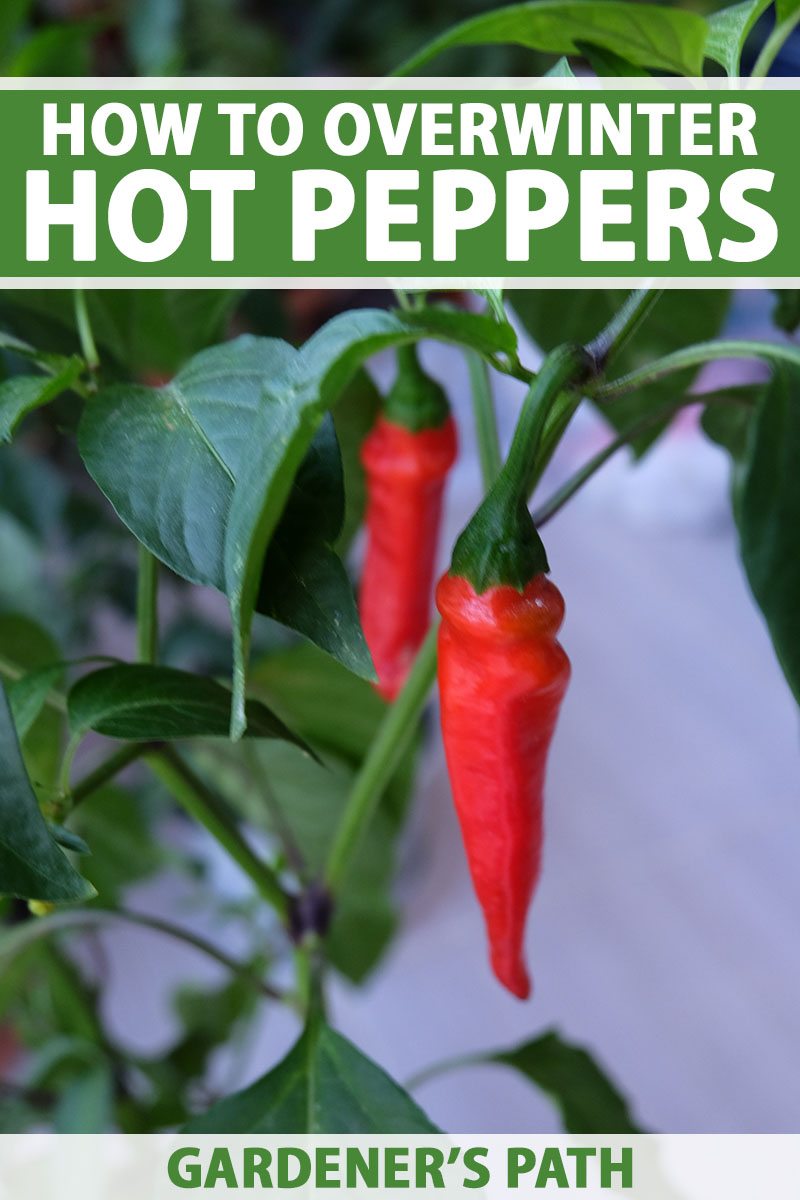Best Fertilizers for Peppers: Accomplish Superior Results in Your Yard
Best Fertilizers for Peppers: Accomplish Superior Results in Your Yard
Blog Article
Organic Vs. Synthetic Fertilizers: Which Is Best for Supporting Healthy And Balanced Pepper Plants?
In the realm of nurturing healthy and balanced pepper plants, the option between organic and synthetic fertilizers stands as a pivotal choice with significant ramifications. While both choices purpose to supply crucial nutrients to support plant development, the nuances of their influence on the dirt, plant health, and the atmosphere stimulate a discussion that mirrors throughout the horticulture neighborhood. Understanding the distinctive benefits and prospective risks of each fertilizer kind is critical for pepper farmers seeking to enhance their yields while maintaining an eco-conscious and sustainable strategy.
Benefits of Organic Fertilizers
Organic fertilizers supply an environmentally-friendly and sustainable strategy to beneficial pepper plants, supplying necessary nutrients without making use of synthetic chemicals. These all-natural plant foods are originated from organic resources such as compost, manure, bone dish, and seaweed, advertising dirt health and biodiversity. Unlike artificial fertilizers, organic options release nutrients gradually, guaranteeing a steady and balanced supply for pepper plants to prosper.
One considerable advantage of organic fertilizers is their ability to improve soil structure and water retention. By improving dirt health, organic plant foods advertise useful microbial task, which aids in nutrient uptake by pepper plants. Furthermore, organic plant foods decrease the danger of chemical run-off, protecting water resources from air pollution and protecting the setting.
In addition, natural fertilizers contribute to lasting soil fertility by promoting the growth of valuable dirt microorganisms. These organisms assist break down organic issue, launching nutrients in a form that is easily available to pepper plants. best fertilizers for peppers. By cultivating a healthy dirt environment, natural fertilizers sustain sustainable pepper growing methods that profit both plants and the atmosphere
Disadvantages of Artificial Plant Foods
Synthetic fertilizers, unlike their organic counterparts, pose various downsides when utilized to nourish pepper plants, affecting both plant health and ecological sustainability. One major disadvantage of artificial plant foods is their tendency to leach nutrients from the soil quickly. This rapid leaching can result in vitamins and mineral imbalances in the dirt, creating plants to experience from poisonings or deficiencies. Furthermore, artificial fertilizers can hurt advantageous dirt microorganisms, such as earthworms and advantageous microorganisms, disrupting the dirt ecosystem's equilibrium.
Additionally, the overuse of artificial fertilizers can add to water contamination. Excess fertilizers not absorbed by plants can get rid of right into water bodies, leading to eutrophication, where algae blooms deplete oxygen levels in the water, damaging aquatic life. Synthetic fertilizers are generally obtained from non-renewable resources, such as fossil gas, adding to carbon emissions and ecological deterioration throughout their production.
Nutrient Absorption Comparison
Reliable nutrient absorption plays a vital function in the overall health and wellness and growth of pepper plants. When comparing artificial and natural plant foods in terms of nutrient absorption, natural fertilizers have the advantage of giving a more balanced and slow-release source of nutrients (best fertilizers for peppers). Organic fertilizers consist of a variety of macro and trace elements that are not only beneficial for the plants but likewise advertise healthy and balanced dirt microbial activity, which aids in nutrient uptake. On the other hand, artificial fertilizers usually offer a fast redirected here launch of nutrients, which can cause leaching and runoff, causing reduced nutrient absorption rates by the plants.
Additionally, natural plant foods boost soil framework and water retention capability, enabling pepper plants to accessibility nutrients much more effectively. This better dirt high quality promotes origin development, enabling better nutrient absorption. Synthetic fertilizers, although at first enhancing plant development due to their high nutrient concentrations, might hinder long-term nutrient absorption by derogatory soil health in time.
Environmental Influence Factors To Consider

On the various other hand, artificial plant foods, although typically more concentrated and instantly offered to plants, can have damaging results on the environment otherwise applied appropriately (best fertilizers for peppers). Their manufacturing calls for high energy inputs, leading to greenhouse gas discharges and contributing to climate change. The overflow of excess artificial fertilizers can contaminate water resources, leading to eutrophication and hurting water ecological communities.
Best Plant Food Practices for Peppers
When fertilizing pepper plants, enhancing nutrient uptake and minimizing ecological influence are key considerations. To attain this, it is necessary to comply with finest fertilizer methods tailored to the details needs of pepper plants. One important practice is to carry out a soil examination prior to using any type of plant foods. This examination can figure out the pH degree of the soil and recognize any nutrient shortages, assisting you in choosing one of the most suitable plant food formula.
An additional vital great site method is to fertilize pepper plants at the correct time. Typically, peppers profit from obtaining fertilizer at planting and afterwards again when they start to blossom. Over-fertilizing can lead to nutrient imbalances and hurt the plants, so it is essential to adhere to recommended application prices.
In addition, choosing a well balanced plant food with an NPK proportion that suits pepper plants' requirements is fundamental. Inevitably, incorporating artificial and organic plant foods carefully can assist nurture healthy pepper plants while decreasing ecological impact.
Final Thought

Organic fertilizers offer a lasting and environmentally-friendly technique to nourishing pepper plants, supplying vital nutrients without the use of synthetic chemicals. Unlike artificial plant foods, natural options launch nutrients slowly, ensuring a well balanced and steady supply for pepper plants to thrive.
Synthetic fertilizers, in comparison to their natural equivalents, present various drawbacks when utilized to nourish pepper look at this website plants, influencing both plant health and ecological sustainability. When comparing synthetic and organic plant foods in terms of nutrient absorption, organic plant foods have the advantage of supplying a much more balanced and slow-release resource of nutrients.Additionally, organic plant foods boost dirt framework and water retention capability, allowing pepper plants to gain access to nutrients a lot more efficiently.
Report this page